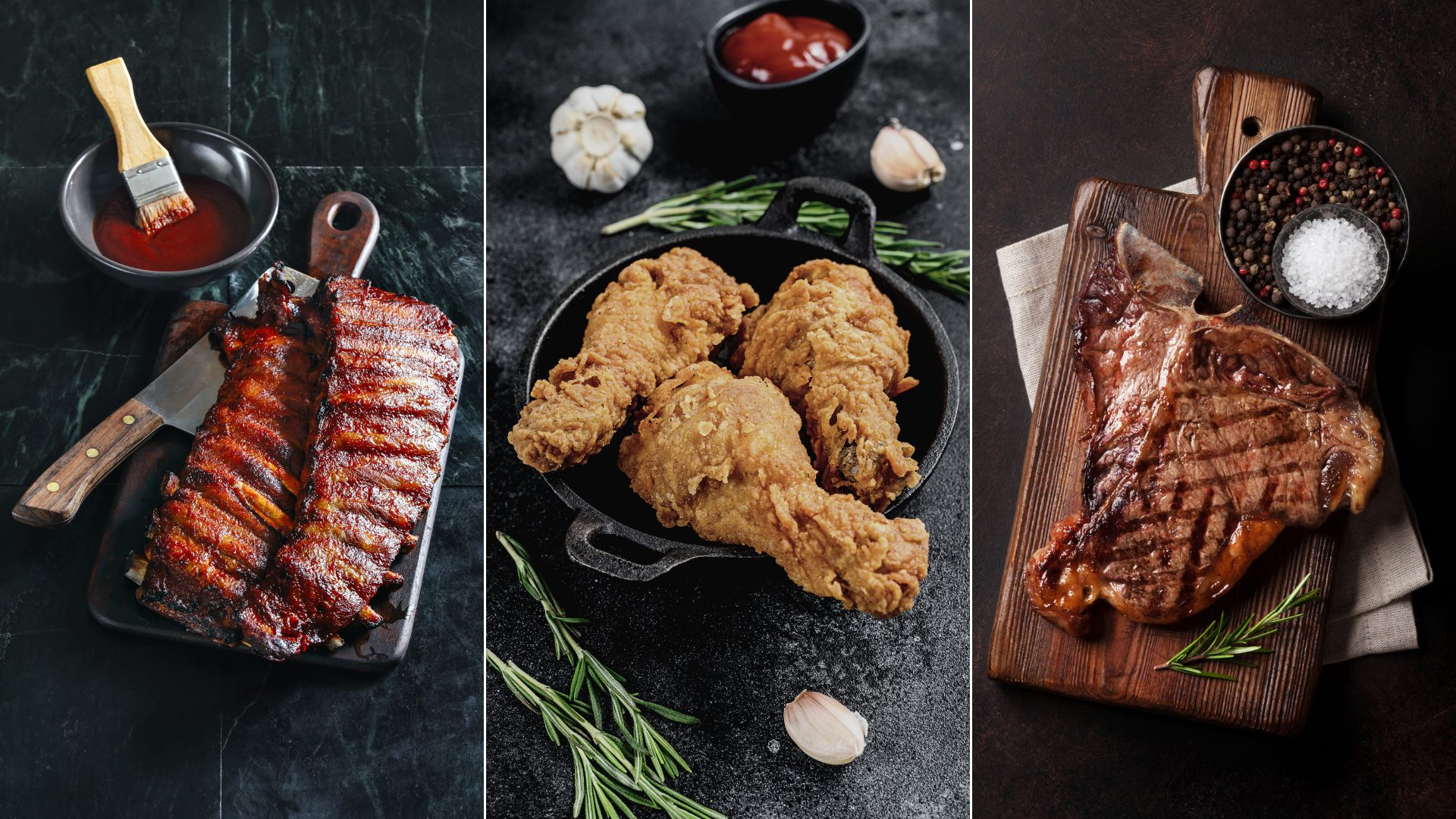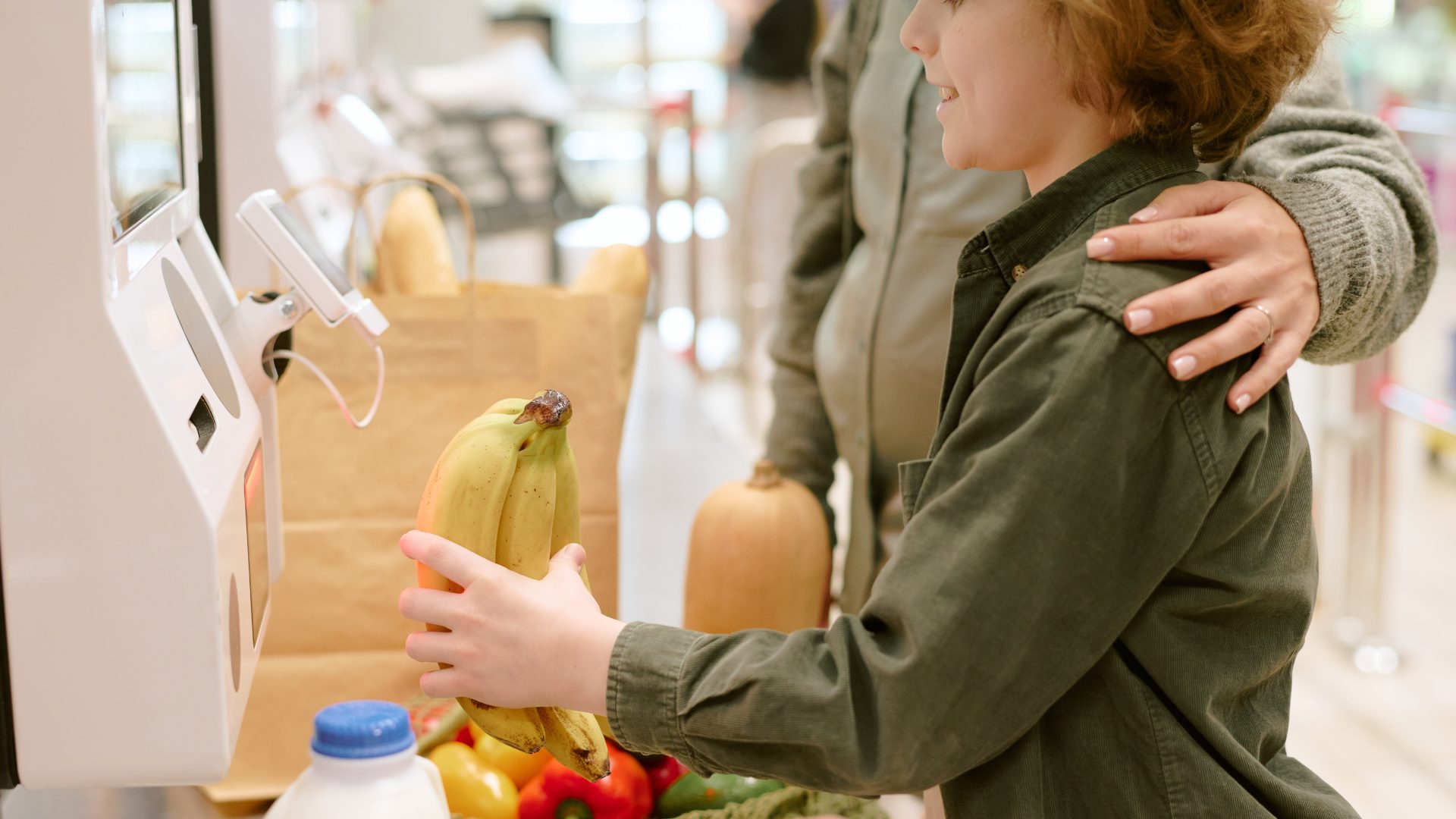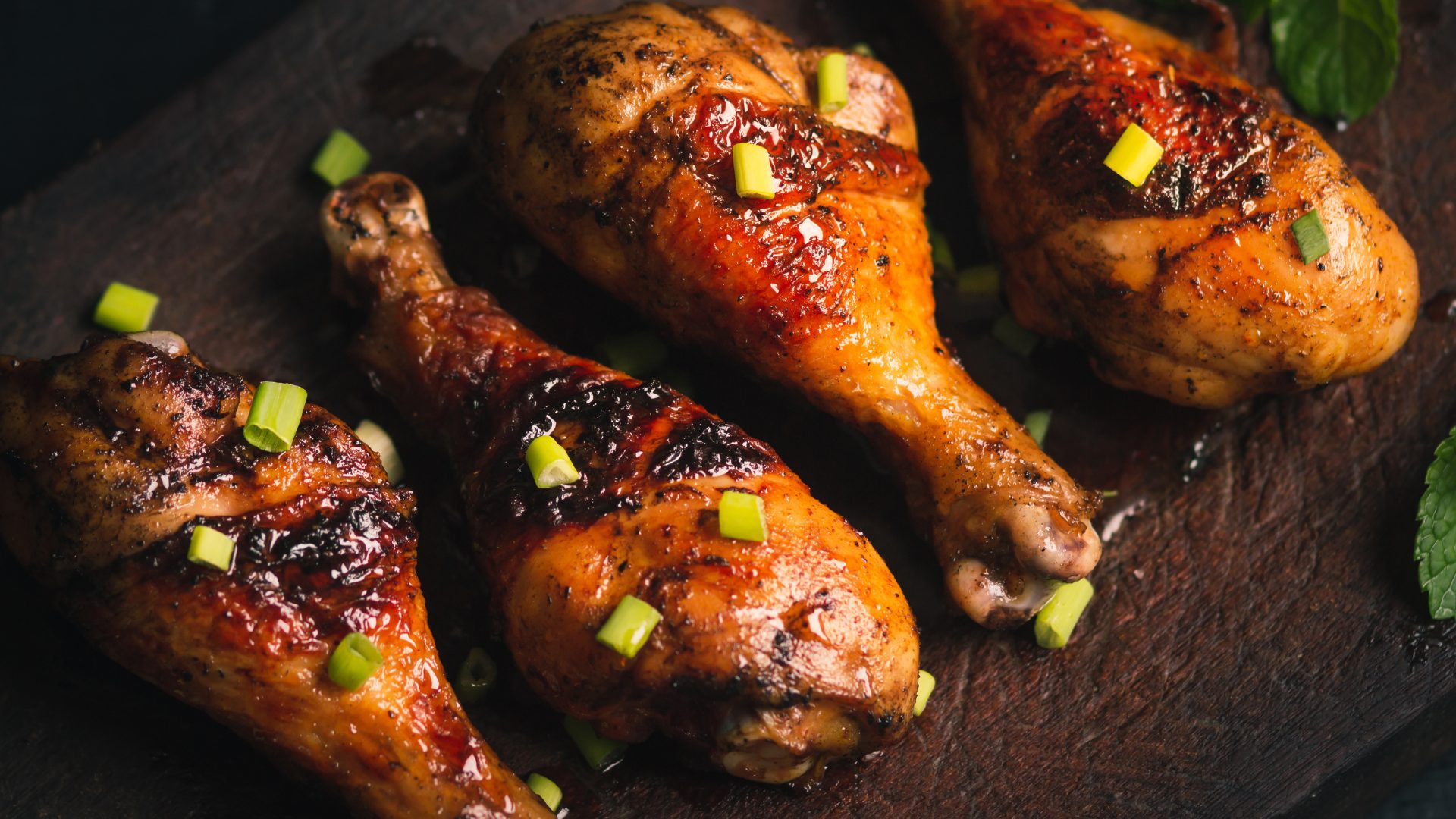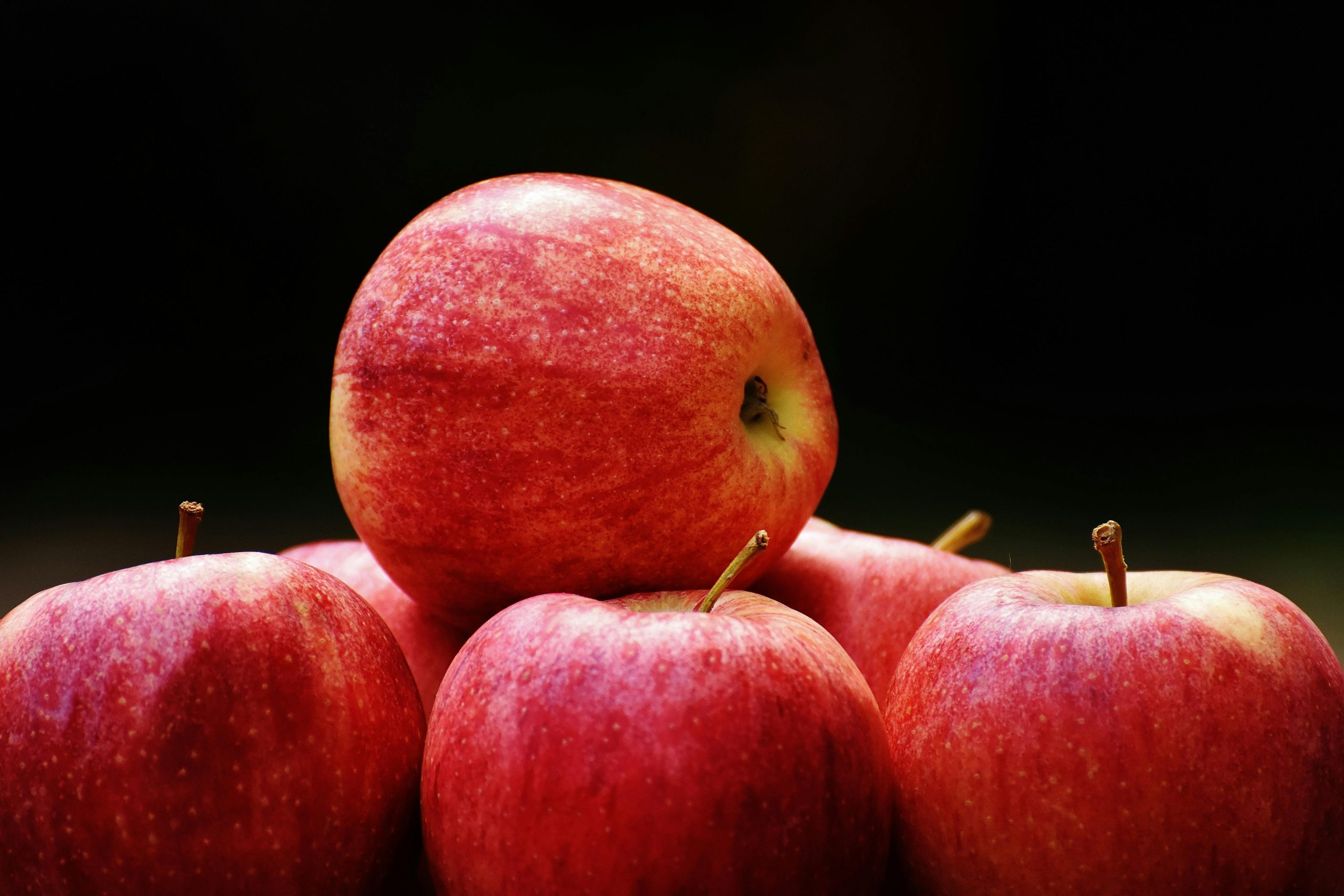Highly pathogenic avian influenza got off to a slow start in 2023, allowing egg production to rebound, but the fall migratory season has hit turkey farmers hard, CNN Business recently reported.
About 68 million birds have been killed since the outbreak began in the U.S. in February 2022. Cases are again beginning to tick up, with 2.8 million birds killed on Iowa farms in the past month and 1.3 million at an Ohio egg farm.
Before Thanksgiving, turkey prices were low because there was no major bird flu outbreak in the spring – but that changed at the start of the fall migratory season.
“Just since October, there’s been 2.5 million or so [turkey] losses,” Matt Busardo, poultry market reporter at Urner Barry, told CNN. He said most of those birds had been destined to become deli meat, so sandwiches are expected to cost more come spring.
Meanwhile, in other agriculture news:
Food Inflation: A Rabobank research report predicts food prices will ease next year, in part because consumer demand will remain weak.
Successive waves of drought, disease, and war have weighed on commodity prices in the last three years. But a more robust wheat crop and the El Niño effect on crops such as sugar, coffee, and cocoa are expected to dampen commodity prices around the world.
“A number of crops in varying locations can be adversely impacted by El Niño in the coming months, in particular Indonesian palm oil and Australian wheat,” Rabobank said. “At the same time, there is potential for some crops to benefit, like those in southern Brazil, Argentina, and parts of the U.S.”
COP28: The United Arab Emirates spearheaded a drive to get countries to curb factory farming at the COP28 conference in Dubai. The UAE recently urged countries to sign a “leaders’ declaration” promising to align food production with emissions goals, Reuters noted.
A World Animal Protection analysis of 400 attribution studies found the global north is responsible for some $8 billion in extreme weather damage to Asia, Africa, and South America, and called for a 10-year moratorium on new factory farms, which are blamed for 11% of global emissions.
India: Thinking stuck in the 1960s is threatening India’s farming sector, discouraging the production of crops needed for balanced nutrition and those that would boost farmers’ income, a Bloomberg newsletter reported.
India is a leading producer of rice, wheat, milk, sugar, and other staples, mainly by small farmers. But decades of distorting subsidies have led to structural issues. Exports are also limited by the government to make sure the country can feed its population of 1.4 billion people.
Innovate Animal Ag: In-ovo sexting of hens is gaining ground in Europe, Innovate Animal Ag told The Food Institute. Currently, 389 million hens are in production, indicating a 15% market penetration, the company said, predicting an expansion soon to the U.S. and elsewhere.
In-ovo sexting technology culls male chicks before they can hatch. Most of the eggs produced by these hens are going to Germany and France. About half the chicks hatched in 2023 currently are producing eggs.












